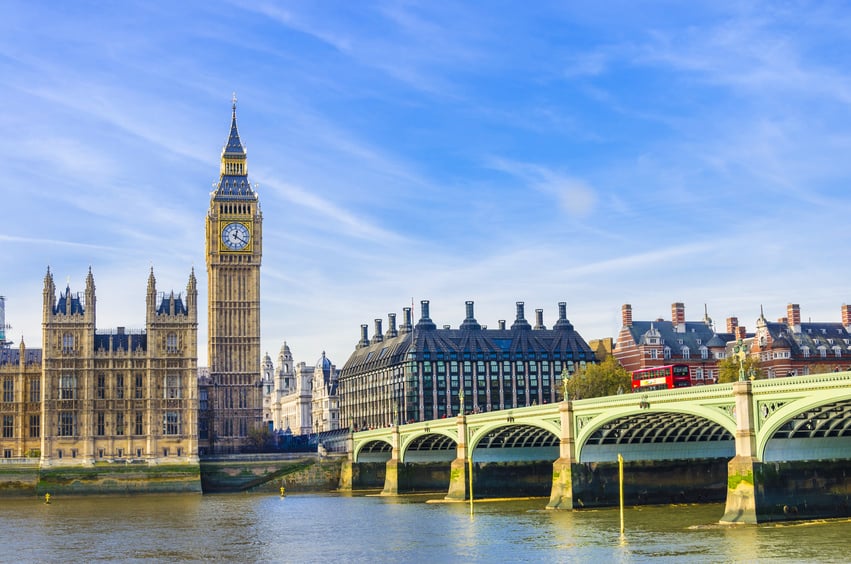This article relates to a recent High Court decision regarding dishonest assistance, fraudulent trading (pursuant to s.213 of the Insolvency Act) and vicarious liability and will be particularly relevant to brokers, banks, traders and other intermediaries which process payments and other transactions. The Disputes Resolution team shed light on the circumstances in which those entities and individuals may be found by the Courts to have acted dishonestly by failing to seek further information where they have suspicions of potential wrongdoing. This will also be useful reading in preparation for a post-Covid-19 world, when the repercussions of actions that took place before and during the pandemic will be better understood and will no doubt be thrust under a spotlight.
The Idaho Supreme Court recently affirmed a District Court’s judgment that the gain from the sale of a 78.54% membership interest in a limited liability company did not constitute ‘business income’ under Idaho Code section 63-3027. In Noell Indus. Inc. v. Idaho State Tax Comm’n, Docket No. 46941 (Idaho 2020), the court determined that “this type of gain does not meet the definition of ‘business income’ under either the transactional test or functional test (including the unitary business test),” and was therefore not apportionable income.
Whistle-blowers have been a prominent feature of the ongoing COVID-19 crisis. From the medics across the globe who have blown the whistle on supply shortages, misleading information regarding effective treatments and risk measures, whistle-blowers have been a vital source of information during the pandemic.
Companies have also been challenged with increasing numbers of whistle-blowing reports during this period in areas including fraud, corruption and harassment. Although there is no comprehensive law in Hong Kong requiring companies to implement a whistleblowing policy and procedure, it is a best practice component to any compliance program and an essential tool to combat internal misconduct and to ensure compliance with laws and regulations.
Please join us for a new weekly video series, hosted by Baker McKenzie’s North America Government Enforcement partners Tom Firestone and Jerome Tomas.
This weekly briefing is available on demand and will cover hot topics and current enforcement actions related to white collar crime and criminal investigations in the US and abroad to arm you with the information you need to start your business week.
As one of the largest global law firms, we will call upon our exceptionally deep and broad bench of white collar experts throughout the world and particularly in the commercial hubs of Europe, Asia, Africa and Latin America to join our weekly discussion series.
Investigation work is peppered with legal and practical issues for which often there is not one right answer.…
The Government of France issued an ordinance (n° 2020-115), which transposes the EU Directive (2018/843) of 30 May 2018 of the European Parliament and of the Council, known as the “5th Anti-Money Laundering Directive”, on 12 February 2020 to aid in the efforts to combat money laundering and the financing of terrorism in France. This ordinance has been supplemented by two decrees (n° 2020-118, n° 1010-119) adopted on the same day.
Covered institutions with a presence in France should carefully analyze the ordinance and its supporting decrees and, where necessary, review and adapt their processes to ensure compliance with the new regulatory framework. In particular, client identity checks need to be adapted.
Progress on the reform of LIBOR has not stopped during the COVID-19 pandemic.
While the overall timing for LIBOR transition has remained unchanged, the Working Group on Sterling Risk-Free Reference Rates (RFRWG) has recognized the need to introduce some flexibility in relation to the interim transition deadlines to ensure that lenders are able to continue to supply credit to the real economy and assist with economic recovery.
On 1 June 2020, the corporate liability provision under Section 17A of the Malaysian Anti-Corruption Commission Act 2009 (the Act) is set to come into force. As highlighted in our earlier client alert (see Link), a company may be held criminally liable for acts of corruption by its directors, employees or other associated persons.
The COVID-19 crisis presents fraudsters with a ripe opportunity to defraud businesses at a time when finances are tight, attention and resources are focused elsewhere, key staff may be absent and financial controls are under pressure. One of the simplest and most devastatingly effective of these frauds is a push payment fraud.
The current climate surrounding the COVID-19 crisis requires a significant level of flexibility in contractual relationships to provide flexibility regarding public procurement regulations for directly purchasing procedures for goods and services. Guidelines for directly executing contracts and a range of options available to contracting authorities.

